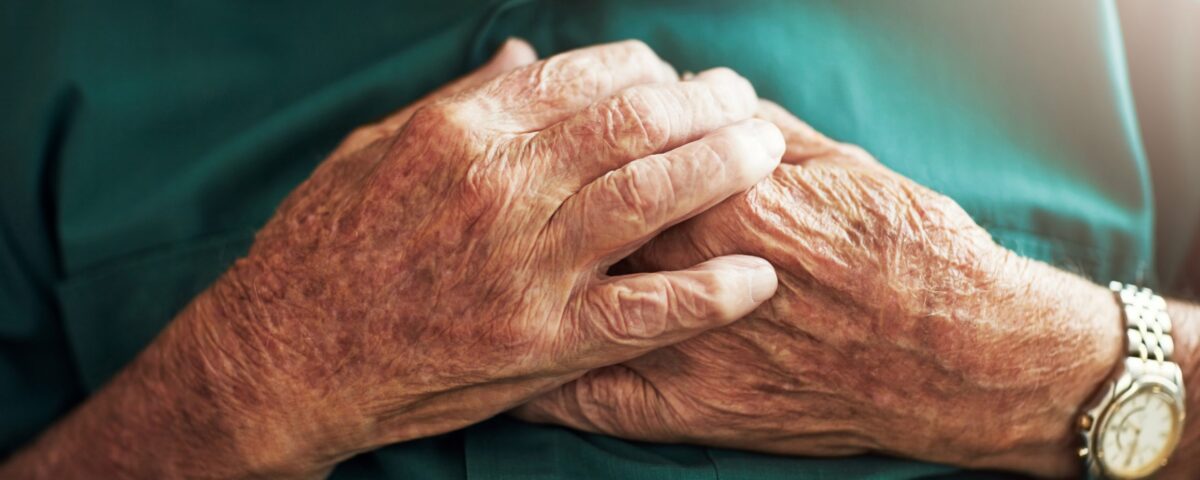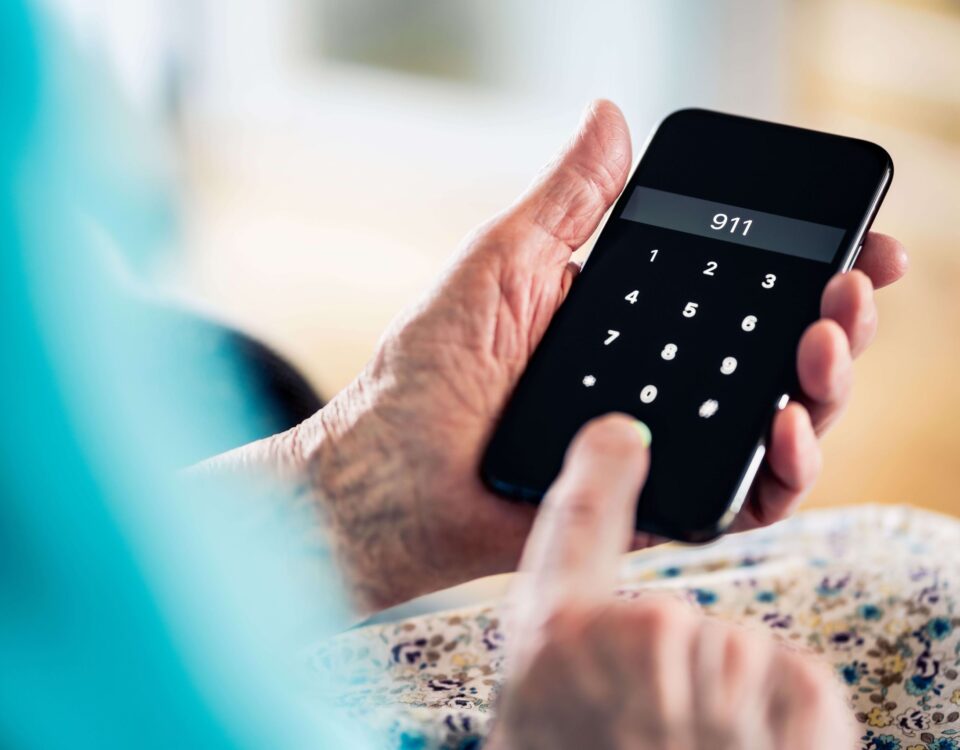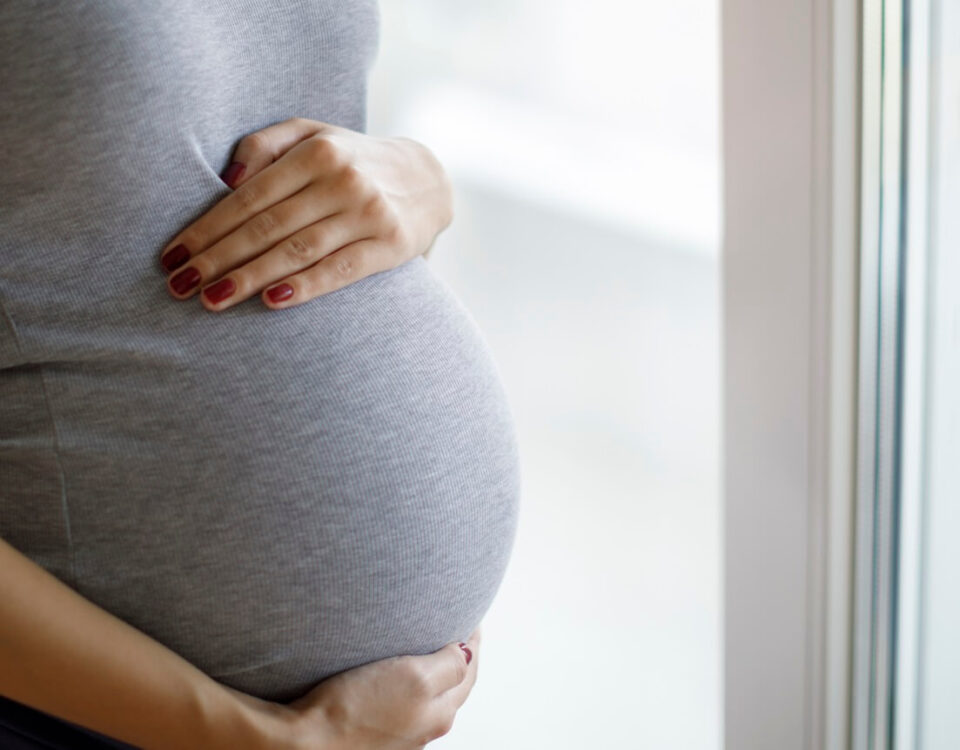- Have any questions?
- 412-123-4567
- noreply@upmc.com
The Difference Between Heart Attack and Cardiac Arrest

People often use the terms “cardiac arrest” and “heart attack” interchangeably. But these medical emergencies have very different causes, symptoms, and potential outcomes.
If you believe someone is experiencing a cardiac event, you should quickly assess the situation, call 9-1-1, and act. Understanding the difference between a cardiac arrest and a heart attack could be life-saving.
Cardiac Arrests and Heart Attacks: Understanding Cardiac Events
What is a heart attack?
A heart attack happens when blood flow to your heart muscle is blocked. If blood flow isn’t restored quickly, the heart muscle begins to die from a lack of oxygen, and scar tissue forms in its place.
Most heart attacks happen because of atherosclerosis, a condition in which a hard substance called plaque builds up inside your arteries, making them narrow or totally blocked. Plaque may also break open, causing a blood clot to form on the plaque’s surface, which blocks blood flow.
Heart attack symptoms can include:
- Pressure, squeezing, fullness, or pain in the center of the chest that lasts more than a few minutes or stops and recurs
- Discomfort that extends to the shoulders, arms, back, abdomen, jaw, and teeth
- Shortness of breath
- Sweating
- Lightheadedness or fainting
Certain individuals, especially women, the elderly, and individuals with diabetes, may experience more atypical symptoms of heart attack:
- Abdominal pain that may feel like heartburn or indigestion
- Dizziness
- Unusual fatigue
- Clammy skin
A heart attack is a medical emergency that can be deadly without treatment. If you think you or someone else is having a heart attack, call 911 right away.
What is cardiac arrest?
Cardiac arrest happens when your heart stops beating because of a problem with its electrical system. Without a heartbeat, blood can’t circulate to your other organs, leading to death within minutes.
It is possible for a person in cardiac arrest to be brought back to life with an automated external defibrillator (AED) or cardiopulmonary resuscitation (CPR), but immediate treatment is crucial.
In most cases, cardiac arrest happens because of ventricular fibrillation, or VFib, which happens when your heart’s bottom chambers beat too fast and in an irregular way. It may also happen because of a heart attack, intense physical stress, genetic disorders, or changes to your heart’s structure.
Cardiac arrest symptoms can include:
- Sudden loss of consciousness
- Lack of pulse
Cardiac arrest is a medical emergency that is deadly without immediate treatment. If you think someone is in cardiac arrest, call 911 immediately and start CPR. If an AED is available, use it as soon as possible.
Can a heart attack cause cardiac arrest?
In some cases, a heart attack can lead to cardiac arrest. The lack of blood flow to the heart muscle may affect how your heart’s electrical system works, leading to abnormal signals. This is one of many reasons why it’s so important to get immediate treatment for a heart attack.
What Should You Do If Someone Is Experiencing a Cardiac Event?
Many people feel helpless to act in a cardiac emergency. Administering hands-only CPR or using an AED can help save a life in the critical moments before first responders arrive.
Learn how you can help: Sign up for CPR, first aid, and AED courses in your community. Though you do not need training to administer chest compressions or an AED, it can help you react more confidently and effectively in the face of an emergency.



